Six CSE students recognized by NSF Graduate Research Fellowship Program
The six students have interests from accelerators to programming languages.
CSE congratulates four current students who have been awarded prestigious NSF Graduate Research Fellowships, and two who were recognized by the program with honorable mentions. The program recognizes and supports outstanding graduate students in NSF-supported science, technology, engineering, and mathematics disciplines who are pursuing research-based masters and doctoral degrees at accredited United States institutions.
The six students represent a broad range of research interests, including accelerating genomic data processing, the creation of augmented reality tools, natural language processing, computer vision, artificial intelligence and medicine, and programming languages and HCI.
Learn more about their work below.
NSF Award recipients
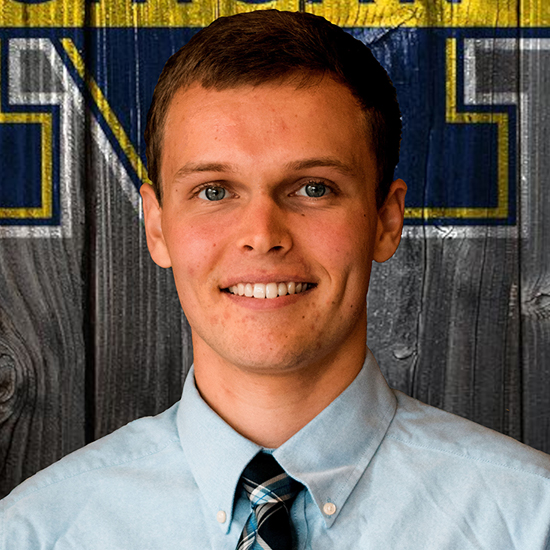
 Enlarge
Enlarge
Tim Dunn
CSE PhD student Tim Dunn’s current work is on improving the speed, cost, and accuracy of nanopore-based genome sequencing. He is currently designing an accelerator which can reduce the cost of nanopore sequencing for pathogen detection by classifying individual DNA strands as originating from a target virus or not, in real-time as the DNA being sequenced. Tim is advised by Prof. Satish Narayanasamy, and also works closely with Profs. Reetuparna Das and David Blaauw.
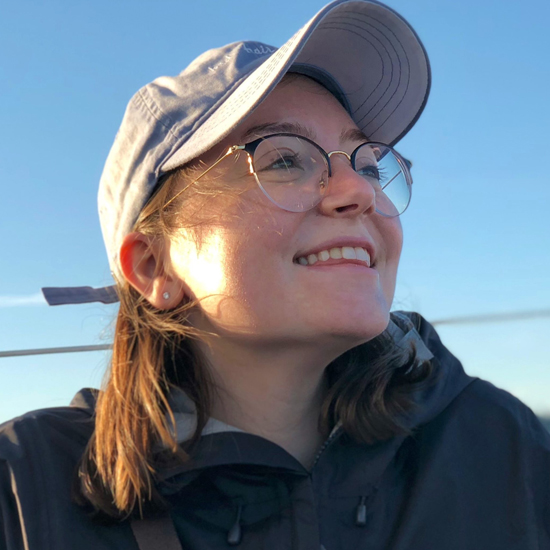
 Enlarge
Enlarge
Jaylin Herskovitz
CSE PhD student Jaylin Heskivitz’s research is centered around creating augmented reality (AR) tools for collaborative work. Her goal is to develop methods to improve the accessibility of emerging technologies for people with disabilities, and to improve upon the involvement of underrepresented populations in the research community overall. Jaylin is advised in her studies by Profs. Anhong Guo, Alanson Sample, and Michael Nebeling.
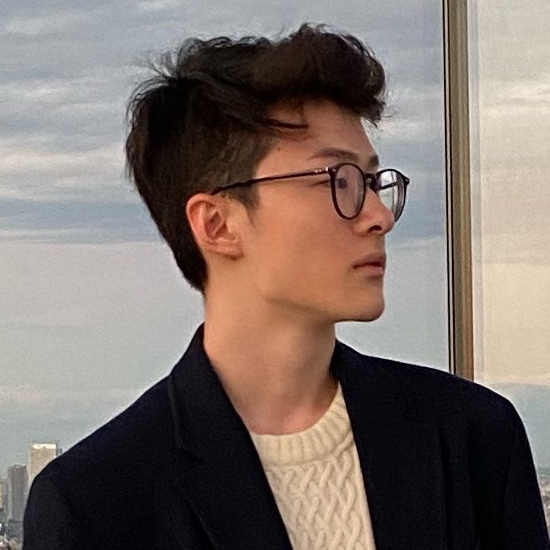
 Enlarge
Enlarge
Sky CH Wang
Sky is a computer science undergraduate whose interests are in natural language processing and computational social science. He’s interested in how social variables can affect language use and in creating more equitable and accessible language technologies.Sky was a student volunteer at the 2020 Association for Computational Linguistics conference and assisted with the AI Lab’s “Friday Night AI” events in 2019-2020. During his undergraduate studies, Sky worked with and was mentored by Profs. David Jurgens and Joyce Chai.
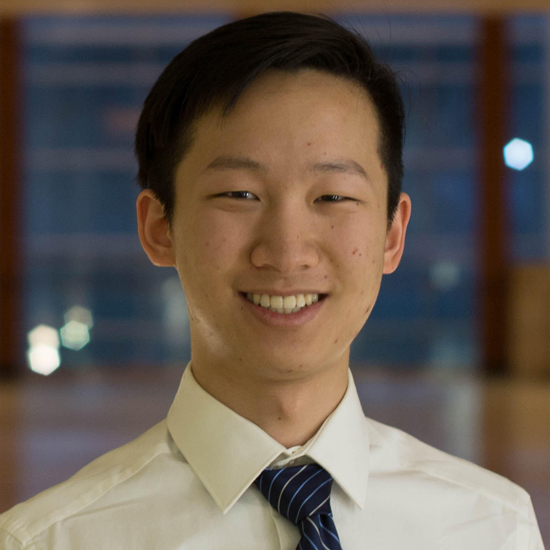
 Enlarge
Enlarge
Zhizhuo Zhou
Zhizhuo is an undergraduate majoring in computer science and data science. Zhizhuo is interested in computer vision and its ability to make breakthroughs in interdisciplinary fields such as ecology and climatology. For his graduate research, he hopes to continue his research at the intersection of computer vision and natural language processing to create intelligent systems that can be deployed in new domains with very little training data. His goal is to achieve human-level learning performance in vision and language tasks.
Honorable Mentions
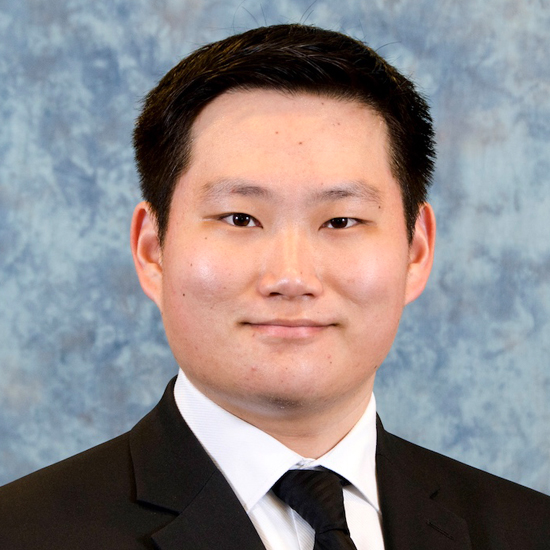
 Enlarge
Enlarge
Cheng Jiang
A CSE master’s student, Cheng’s research is at the intersection of artificial intelligence and medicine. He currently works on improving the robustness of intraoperative brain tumor diagnosis using novel machine learning techniques such as representation learning and domain adaptation. Cheng will be pursuing a PhD in Bioinformatics starting in the fall, and he is advised by Dr. Todd Hollon in the Department of Neurosurgery.
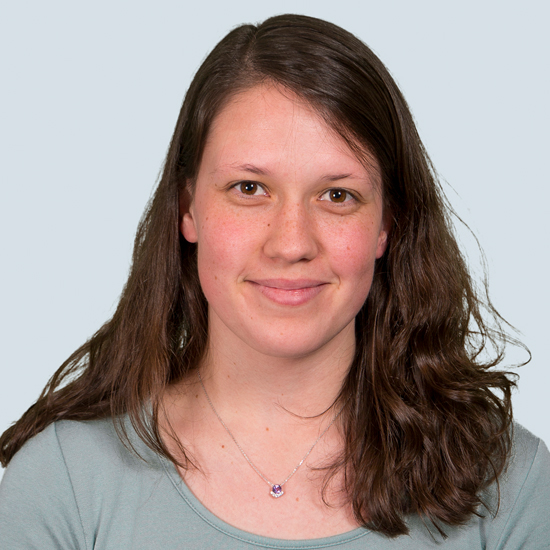
 Enlarge
Enlarge
Hannah Potter
A CSE master’s student, Hannah’s research is at the intersection of programming languages and human-computer interaction, particularly focused on improving the programming experience. Her work is also influenced by education research. She is motivated by the desire to make computing a more usable and accessible tool for people with varying skill sets and goals. Her current projects include developing a tool to present information to novices of a programming environment to help guide them through the space of possible valid edits at a particular location in a program. Hannah works with Prof. Cyrus Omar.


 MENU
MENU